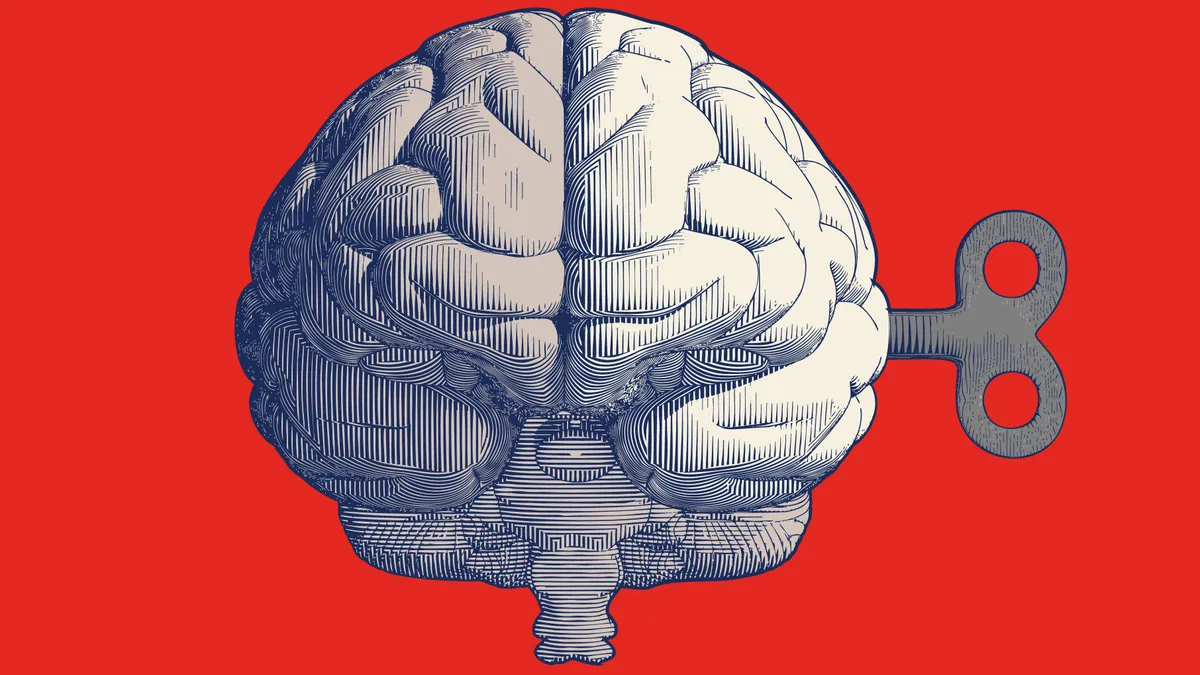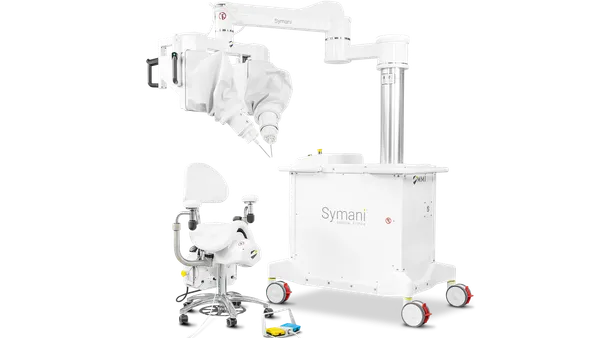Dive Brief:
- Genentech and Winterlight Labs have recorded and measured progressive speech changes in early Alzheimer’s disease using automated language processing tools.
- The partners used Winterlight’s speech-based digital biomarker platform to develop a speech composite score that they claim has similar sensitivity to existing clinician-administered neuropsychological assessments.
- Genentech and Winterlight said in a statement on Tuesday that they view speech-based scores as potentially sensitive measures of disease progression and treatment response even as they cautioned that further validation of the test is needed.
Dive Insight:
Winterlight has developed a language-based diagnostic system that analyzes natural speech to detect and monitor cognitive conditions including Alzheimer’s. The system generates hundreds of variables that describe acoustic and linguistic features of speech.
Genentech, part of Roche, and Winterlight previously correlated a dementia score to linguistic variables, reflecting the fact that people “with greater cognitive and functional impairment used simpler language and fewer content words when describing a recent experience.”
The latest presentation builds on the earlier work by applying a composite score based on six linguistic features and three acoustic features, “relating to word length, word frequency, syntactic depth, use of nouns, pronouns and particles, and acoustic characteristics based on the power spectrum of the voice,” to data from a Phase 2 clinical trial of Genentech’s Alzheimer’s drug candidate semorinemab.
When compared to a range of existing clinical outcome tests, the speech score was at least as effective at tracking changes over the course of the 18-month study, the companies said. The novel test performed comparably to the CDR Sum of Boxes rating and the Alzheimer’s Disease Assessment Scale-Cognitive Subscale, and better than the Repeatable Battery for the Assessment of Neuropsychological Status test.
The researchers called the system a “promising prototype” while cautioning that further validation is needed. Specifically, the researchers want to see the findings replicated and confirmation of the clinical and neuropathological relevance of the speech score.













